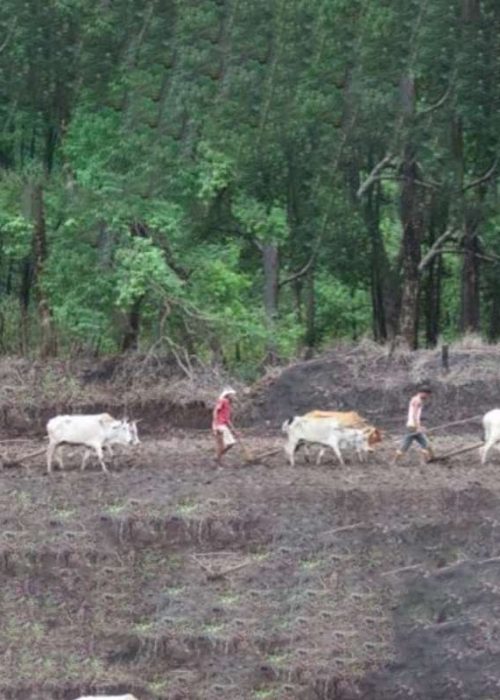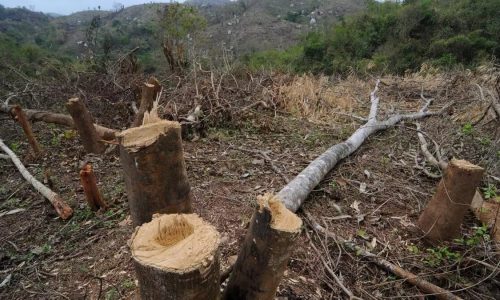Sharachchandra Lele, Venkat Ramanujam
Hindustan Times | May 19, 2023
Colonial forest policy imposed many injustices on forest-dependent communities in mainland India, including ignoring pre-existing cultivation and taking away people’s rights to access and manage the forest. Perhaps the most extreme form of these ‘historical injustices’ is the creation of ‘Forest Villages’ (FVs) in central India for providing cheap labour for the colonisers’ forestry operations. The tragedy is that even 75 years after Independence and 15 years after the landmark Forest Rights Act came into effect, this injustice has not been redressed in several states. In particular, Madhya Pradesh (MP) has the highest number of such villages (925). The inhabitants of MP’s FVs have gone through multiple cycles of unjust rejections of their rights to live, to cultivate agriculture land and to manage their own forests. Last year, the government declared the ‘instantaneous conversion to revenue village status’. But, due to a combination of ignorance, apathy and a forest department that does not want to let go, nothing has changed on the ground. The story of the FVs of Baiga Chak region of Dindori district is particularly heartbreaking.






